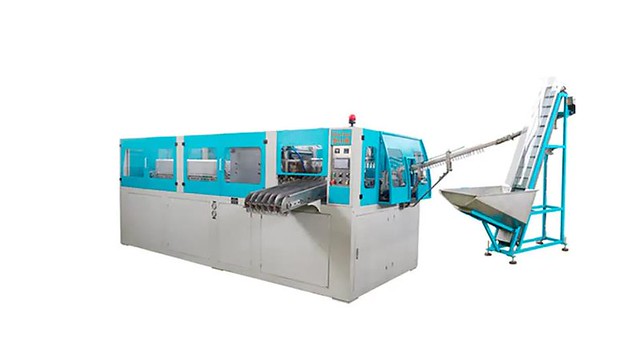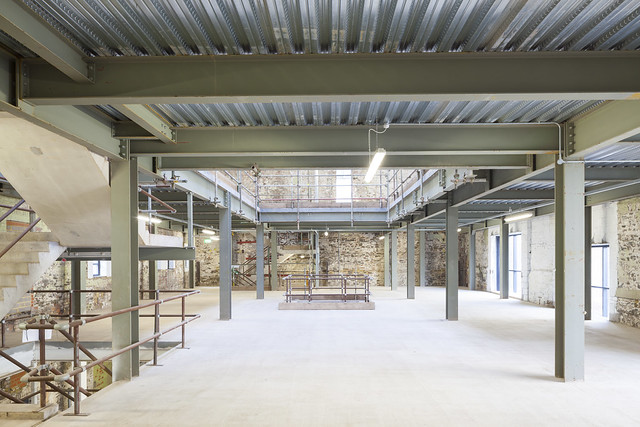Contract Furniture Manufacturing
Contract furniture manufacturers must produce pieces that are sturdy, durable and aesthetically pleasing. They also must meet a specific function in the hospitality, office and healthcare sectors.
The past couple of years have been challenging for furniture businesses. Apart from addressing pandemic-induced changes in shopping habits, they also had to keep up with the 3D commerce boom.
Quality
Contract furniture manufacturers strive to provide high-quality products that can withstand heavy use and long-lasting durability. They also prioritize customer satisfaction and offer affordable pricing. This makes them a great choice for businesses that want to improve the appearance of their workspaces without breaking the bank.
A contract furniture manufacturer must ensure that their products meet industry standards and specifications. This requires a thorough inspection and testing process at all stages of production. This includes visual inspections, dimensional checks, and functionality tests. In addition, the company must keep detailed documentation of the quality control process. This can help reduce the number of product returns and improve overall product quality.
Unlike retail furniture, contract quality furniture is designed to withstand repeated use in high-traffic areas. It must be resistant to damage and stains, as well as resist environmental factors such as temperature and humidity fluctuations. Additionally, it must be durable enough to withstand regular cleaning and disinfecting.
Contract furniture is one of the most popular solutions for commercial spaces. It’s available from a variety of retailers, but it’s important to choose a dealer that is aligned with a particular manufacturer. This allows you to receive recommendations based on your needs and budget, as well as the brand’s reputation. A contract dealer can also provide expert advice on the best furniture options for your business.
Durability
Contract furniture is designed with durability in mind, as it needs to withstand heavy usage over a long period of time. This is why the material it is made of is much more resistant to wear and tear compared to domestic furniture. Domestic furniture is usually made of low-cost materials, which is why it has a shorter lifespan than contract furniture.
The quality of contract furniture is also reflected in the fact that it often comes with longer warranties than domestic furniture. It is not uncommon for tables and chairs to come with a warranty of up to 20 years!
Another key difference between domestic and contract furniture is that the latter typically adheres to strict safety standards. These standards ensure that the furniture does not pose a risk of injury or harm to users, and can be customized furniture factory used in public spaces. This is particularly important for commercial environments where furniture will be used by large groups of people on a daily basis.
In contrast, domestic furniture is not always built to meet these high safety standards, and may be less durable as a result. Contract furniture is also made with more robust materials, such as combustion modified high resilient foam and high presume laminates on table tops, to help withstand the demands of daily use. In addition, it is often treated to meet fire safety requirements under BS 7176.
Customization
Contract furniture manufacturers offer a wide range of customization options to meet the specific requirements of businesses and spaces. From adjusting the dimensions of office chairs to customizing upholstery colors to match branding, these options enable businesses to tailor furniture to their needs and enhance functionality and aesthetics.
Contract furnishings are designed and built to withstand heavy use, so they often feature a more durable construction than residential furniture. They are also often made with flame-resistant materials, such as combustion modified high resilient (CMHR) foam and high presume laminates on table tops. Additionally, they may feature locking mechanisms and tamper proof fasteners to prevent theft and unauthorized use.
Compared to residential furniture, contract furnishings are usually made with higher-quality materials and construction techniques, making them more expensive than residential furniture. Additionally, they are typically designed with ergonomics in mind and are more rigorously tested for safety. In addition, they are often modular and can be stacked or stored away.
Whether you’re in the market for an office desk, lounge chair or acoustic booth, you’ll find that there is a contract version of virtually every piece of furniture. For example, you can buy a contract sofa bed in velvet fabric or upholster a restaurant dining chair with contrasting piping and matching accent cushions. This level of customization is unique to contract furniture and allows businesses to create a look that is uniquely their own.
Environmentally Friendly
The furniture industry in general has had a turbulent past couple of years. Pandemic-induced changes in shopping habits and 3D commerce boomed, forcing many furniture businesses to reinvent their product assortments. In the contract furniture market specifically, the industry adapted and introduced products for both residential and commercial use.
Contract furniture is designed and constructed with sustainability in mind. This means that the products are long-lasting and will not need to be replaced frequently, reducing energy usage and preventing waste. They are also made from robust materials that can withstand frequent handling and the demands of public environments.
This sustainability focus also extends to the manufacturing process. The production of sustainable furniture often involves less processing and the use of renewable materials. This minimizes hotel furniture supplier the use of energy and the generation of greenhouse gases. It also reduces the impact on the environment caused by transporting the furniture over long distances.
Choosing sustainable furniture is an excellent way to contribute to the care of our planet. Look for manufacturers that are recognised for their commitment to sustainable furniture, and check whether they have certifications. When selecting furniture, give priority to modular designs that can be dismantled and re-used. In addition, opt for furniture sourced from a renewable and sustainable source, such as certified wood, to reduce the indiscriminate felling of trees.



